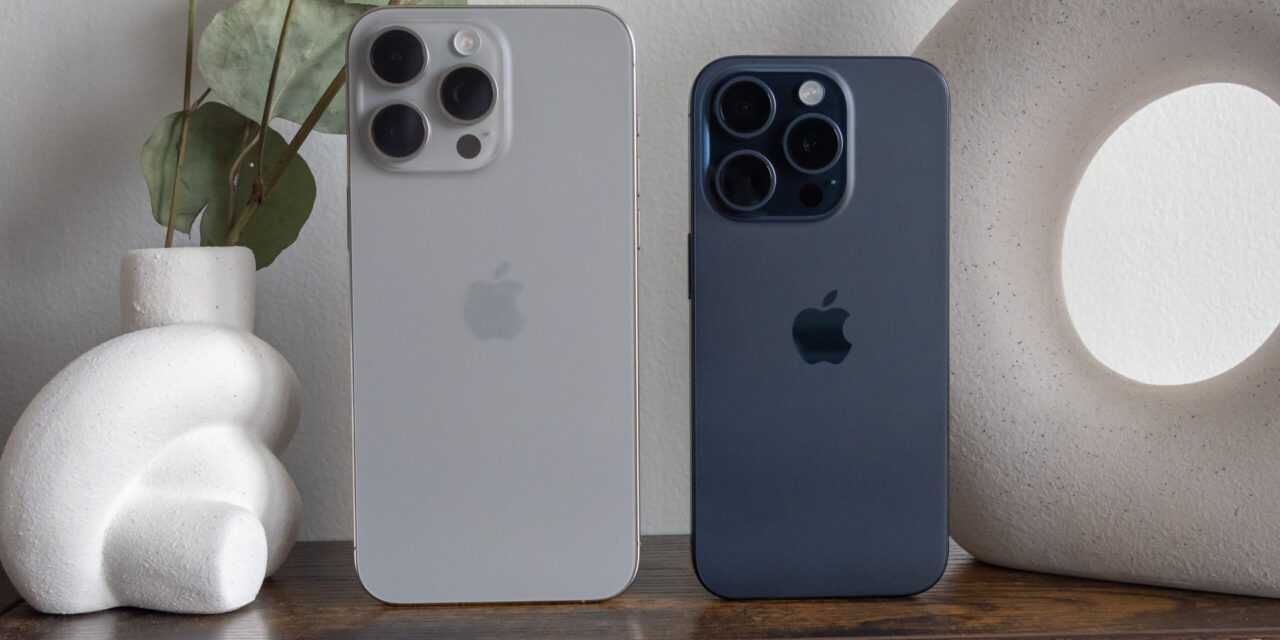Spotify today announced that its holiday quarter earnings grew by thirty percent while giving investors a few newsworthy business updates.
The Swedish company’s streaming business has been competing with Apple Music ever since Apple entered the fray in June 2015. To this date, however, Spotify remains the leading music-streaming service in terms of subscriber base and growth.
Spotify’s holiday quarter
It’s grown paid subscriber base from 87 million customers to 96 million people in the fourth quarter of 2018, a 36 percent growth in its Premium subscribers from the year-ago quarter.
By comparison, Apple Music surpassed 50 million paid users during the December 2018 quarter. At the end of November, it had 56 million paid and trial customers. In mid-May 2018, the Apple-branded service enjoyed 50 million paid and trial subscriptions combined.
Although Apple’s added a respectable six million new paid and trial users in the six months between May and November, Spotify’s numbers prove its service is still growing at a faster clip than Apple Music because it added ten million subscribers over the past six months.
The company attributed the growth in subscriber numbers in 2018 to its year-end Spotify Wrapped event and US promotions where Family Plan account holders were treated to a Google Home mini speaker free of charge.
In December, we also launched our annual Wrapped Holiday brand campaign where existing users were able to explore stats about their listening habits throughout the year. The campaign saw the highest traffic ever to the Wrapped site spotifywrapped.com, with 28 million users visiting the site in just one week (up from 20 million last year total.)
Apple should be wise to have a similar year-end event.
The Holiday campaign became the #1 trending topic on Twitter globally and generated over 5 billion streams of the “Your Top Songs 2018” playlist, now the fastest growing personalized playlist in Spotify history.
At the end of the December 2018 quarter, Spotify had 207 million monthly active users on paid and ad-supported tiers.
For the first time since its founding, the company has operated at a profit, reporting an operating profit of €94 million or about $107 million.
Podcast acquistions
Spotify has also entered into definitive agreements to acquire Gimlet Media, an independent producer of podcast content, and Anchor, a company dedicated to podcast creation, publishing and monetization services.
Gimlet will bring to Spotify its best-in-class podcast studio with dedicated IP development, production and advertising capabilities. Anchor will bring its platform of tools for podcast creators and its established and rapidly growing creator base.
Terms of the transactions were not disclosed. The deals are expected to close in the first quarter of 2019 (subject to closing conditions).
In just shy of two years, we have become the second-biggest podcasting platform. And, more importantly, users love having podcasts as a part of their Spotify experience.
Our podcast users spend almost twice the time on the platform, and spend even more time listening to music. We have also seen that by having unique programming, people who previously thought Spotify was not right for them will give it a try.
He said he believed that over time more than one-fifth (20 percent) of all Spotify listening would be non-music content (based on radio industry data).

Ek commented on the acquisitions of Gimlet and Anchor:
These companies serve two different, distinct roles in the industry. Gimlet is one of the best content creators in the world, with unique, celebrated podcast shows like Homecoming, which was recently adapted into a critically acclaimed show on Amazon Prime, and the internet culture hit Reply All.
And Anchor has completely reimagined the path to audio creation, enabling creation for the next generation of podcasters worldwide—15 billion hours of content on the platform during the fourth quarter.
In other words, Spotify is hoping that the acquisitions of Anchor and Gimlet will help its efforts in offering differentiated content beating Apple at its own game.
Anchor CEO Mike Mignano told TechCrunch a year ago that their relaunched app lets anyone record, edit, host, publish and distribute podcasts free of charge.
Not only that, but after finishing their edit the user can push a button to publish the podcast for availability on Apple Podcasts, Google Play, Overcast, Pocketcasts, Stitcher, Amazon Alexa devices, Google Assistant devices, Apple HomePod, Android Auto, Apple Carplay, and, as of today, Spotify.
Ek continued:
Just as we’ve done with music, our work in podcasting will focus intensively on the curation and customization that users have come to expect from Spotify. We will offer better discovery, data and monetization to creators.
Last but not least, Spotify revealed that it planned to spend up to half a billion dollars in 2019 on additional acquisitions.
Could these podcast acquisitions really help Spotify become the world’s leading audio platform, do you think? Let us hear your thoughts in the comments down below.






Recent Comments